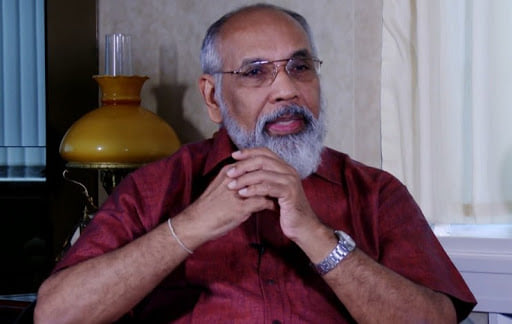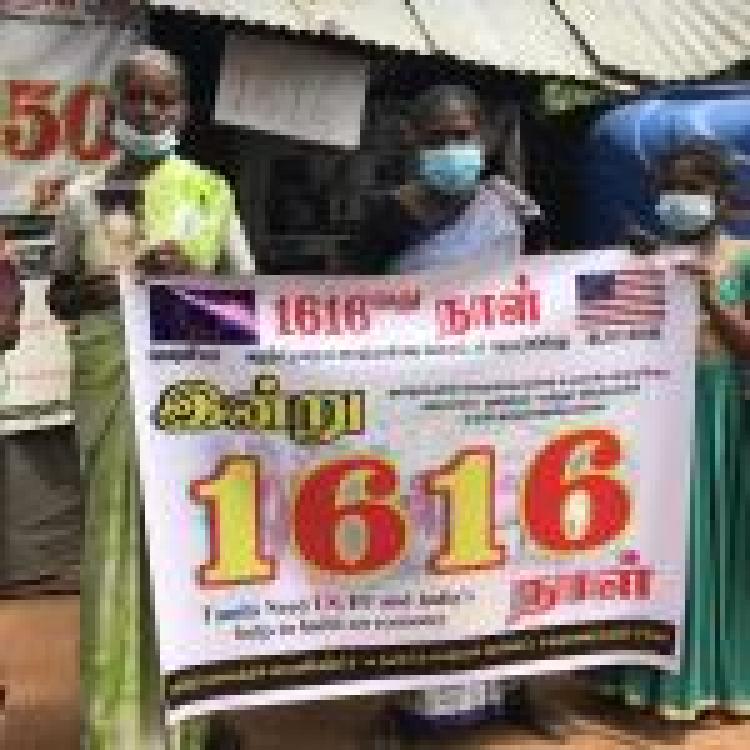![]()
Principal Advisor Lalith Weeratunga, Photo Courtesy: Business Today
Despite increased protests and warnings over food shortages from farmers across Sri Lanka, Lalith Weeratunga, Principal Advisor to Sri Lank's President, maintained last week that the government’s prohibition on chemical fertilizers "remains unchanged.”
This statement came as the government reversed its decision to lift a ban on the import of chemical fertilisers widely used throughout Sri Lanka in tea and rice plantations. This is despite Sri Lanka's Finance Minister issuing a gazette notification that relaxed the ban at the end of July. The ban has been widely criticised by farmers who report a significant drop in their yield.
Weeratunga’s statement was echoed by Secretary to the Ministry of Agriculture, Udith Jayasinghe, who also maintained that there was "no change in the government policy shift to organic fertiliser". Whilst the government has maintained its ban on chemical fertilisers, some plant nutrients rich in nitrogen will be allowed under strict licensing.
Sri Lanka defended its ban as a move towards making the island’s agriculture “100% organic.” The economy of the country, however, is in dire straits and the ban was an attempt to reduce the outflow of foreign exchange. Sri Lanka's President, Gotabaya Rajapaksa, claimed that annually the country spent an estimated $ 400 million on fertiliser and pesticides and that any loss of yield and income would be compensated from the savings of foreign exchange otherwise incurred on the import of fertilisers.

Tamil MP C.V. Wigneswaran spoke in parliament last week about the harm caused to the Tamils in the North-East by the government’s policies.
“However,” Wigneswaran said, “that for Tamils in the Northern Province, much damage has already been done. The economic situation in the North-East has been further worsened by the military occupation of land and the takeover of agriculture.”
The Families of Disappeared Persons in Vavuniya also lamented the woeful state of the economy in a protest they held last month. “Our economy has been looted by the Sri Lankan Army, especially our agriculture, trade, fisheries and infrastructure sectors,” one of them said.


